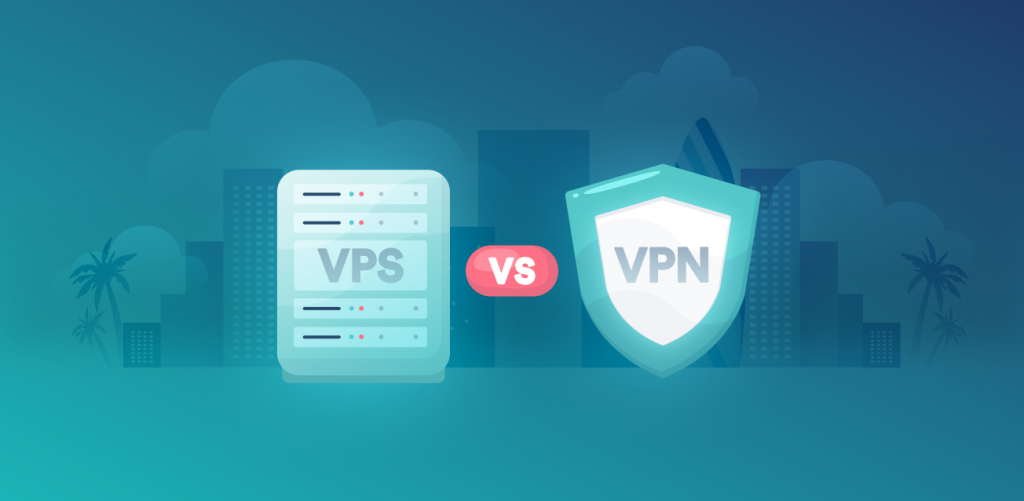Android Vs iOS: a Comparison of the two leading mobile OS?
Android and iOS are two of the most popular mobile operating systems in the world. While both have their own unique strengths and weaknesses, they both offer a range of features and benefits that make them popular among users.
Android
is an open-source mobile operating system developed by Google. It is designed
to run on a wide range of devices, including smartphones, tablets, and
smartwatches, and is known for its customizability and flexibility. Android
provides users with access to the Google Play Store, where they can download a
vast selection of apps, games, and other content. The operating system is
constantly evolving, with regular updates adding new features and improvements,
and it is used by millions of people worldwide.
iOS
is a mobile operating system developed by Apple exclusively for use on its
iPhone, iPad, and iPod Touch devices. It is known for its user-friendly
interface and sleek design, with a focus on simplicity and ease of use. iOS
provides users with access to the Apple App Store, where they can download a
wide range of high-quality apps and games, as well as other content such as
music, movies, and TV shows. The operating system is updated regularly, with
new features and improvements added with each new release, and it is widely
used by millions of people around the world.
In this blog post, we'll compare the
two operating systems to help you decide which one is best for your needs
User
Interface and Design
One of the biggest differences
between Android and iOS is their user interface and design. Android is known
for its highly customizable user interface, which allows users to personalize
their phones and tablets to their liking. iOS, on the other hand, is known for
its sleek and simple design, which makes it easy to use for even the most
technologically challenged users.
App
Store and Applications
Both Android and iOS have their own app
stores, but there are some differences between the two. Google Play Store has a
wider range of apps available, but the iOS App Store tends to have higher
quality apps that are often updated more frequently. Additionally, iOS apps are
generally more uniform in design and easier to use, while Android apps can vary
greatly in terms of design and functionality.
Hardware
Compatibility
One of the key advantages of Android is that
it is compatible with a wide range of devices from different manufacturers,
while iOS is only available on Apple devices. This means that Android users
have a wider range of choices when it comes to selecting a device that suits
their needs and budget, while iOS users are limited to Apple's range of iPhones
and iPads.
Security
While both operating systems are generally
considered to be secure, iOS is often seen as being more secure than Android.
This is partly due to the fact that iOS is only available on Apple devices,
which makes it harder for hackers to target. Additionally, Apple's strict app
approval process and the closed nature of its ecosystem make it more difficult
for malicious apps to be distributed through the App Store.
Customization
and Control
Android is often seen as being more customizable and giving users more control over their devices than iOS. This is partly due to the fact that Android is an open-source operating system, which means that users can modify the code and install custom ROMs if they choose to. iOS, on the other hand, is a closed system, which means that users have less control over their devices and are limited to what Apple allows them to do.
Both Android and iOS have their own strengths and weaknesses, and the choice between the two largely comes down to personal preference and individual needs. If you value customization and flexibility, Android may be the better option for you. However, if you prioritize security and simplicity, iOS may be the way to go. Ultimately, the decision is up to you, and it's important to weigh the pros and cons of each operating system before making your choice.
Aside from Android and iOS, there
are several other popular mobile operating systems, including:
- Huawei
HarmonyOS - Developed by the Chinese tech giant Huawei, HarmonyOS is a
distributed operating system designed to work across a range of devices,
including smartphones, tablets, wearables, and smart home appliances.
- Samsung
Tizen - Developed by Samsung, Tizen is an open-source operating system
that is used on the company's smartwatches, TVs, and other devices. It is
known for its speed and efficiency, and is designed to work seamlessly
with Samsung's hardware.
- KaiOS
- KaiOS is a lightweight mobile operating system designed for low-cost
feature phones. It is based on the Firefox OS, and provides users with
access to basic smartphone features such as internet browsing, social
media, and messaging apps.
- BlackBerry
OS - Developed by BlackBerry, this operating system was once one of the
most popular mobile platforms, known for its security and productivity
features. However, it has been largely replaced by Android and iOS in
recent years.
- Microsoft
Windows Phone - Windows Phone was Microsoft's attempt to create a mobile
operating system that integrated seamlessly with its desktop operating
system. However, it never gained widespread adoption and was eventually
discontinued.




Comments
Post a Comment